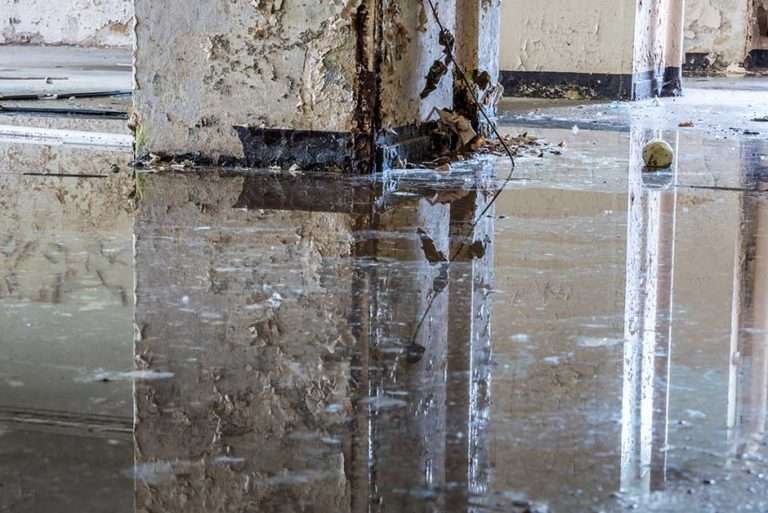When something goes wrong with something you own, what do you do: do you repair it, or throw it out?
It depends, no doubt, on what the object in question is. However, as experts lament our “throwaway culture,” it may pay to consider just how we treat our objects when we buy them, maintain them, and choose whether to throw them out or repair them.
Reasons for Repair
When it’s possible to repair an object, the benefits are obvious. Avoiding the expense of having to buy something new can help your financial bottom line, and regular repair and maintenance work on your most valuable possessions can help ensure that bigger repair expenses–and decisions about whether to keep something–come along less often. Repair can be a money-saving option for everything from the obvious (cars) to the less obvious (smartphones), so don’t rule anything out–always check for a fix before you buy a replacement!
It’s also nice to be able to preserve our possessions. Like it or not, we humans tend to be a sentimental bunch: we imbue objects with emotional importance, and the ability to hang onto them instead of replacing them can be an emotional boost.
Of course, when it comes to repair, companies do not create all objects on an equal scale, and some objects cost more to repair than they would to replace. However, it’s important to remember that this calculus doesn’t start when something breaks: it starts when we buy that something in the first place!
Buying for Life
When we buy something, and it breaks, we assess our options. Should we pay for a repair? Or should we just get a new thing–figuring that the repair is a temporary solution, or that the repair costs so much that the purchase price of a new object seems reasonable?
However, here’s the thing: we should be thinking about these sorts of situations before we buy the object in the first place. Our “throwaway culture” isn’t just the fault of shallow materialism on our parts–we’re not all chucking still-good objects. The problem, experts say, is often that we’re buying junk in the first place–rather than investing in quality goods.
Buying “for life” is the frugal and rewarding alternative to this lifestyle. Ask its devotees in person or on buy-for-life message boards, and you’ll hear all about the virtues of buying quality goods: the long-term savings, affordable repairs, and limited maintenance and breakdown issues.
Sure, this sometimes means paying more up-front. However, in a world of fast fashion, owning a pair of quality boots that will last a lifetime can give you very long-term savings, while also giving you some better-looking and higher quality kicks than the stuff you see at the cheap shop.
Change Your Buying and Repair Habits
Not everything is worth buying in the highest possible quality. However, if you become cognizant of the things that matter–in particular, those things which cost the most or which you use most often, you may find that you save money overall. You’ll also become even better at buying smart as you get to know local repair professionals, say the experts at a service that specializes in appliance repair Bend, Oregon. These are the pros who know which brands last and which are most affordable to repair, so get to know them! Enter the world of buying for life and repairing valuable objects and put your “throwaway” habits where they belong: in the trash!

